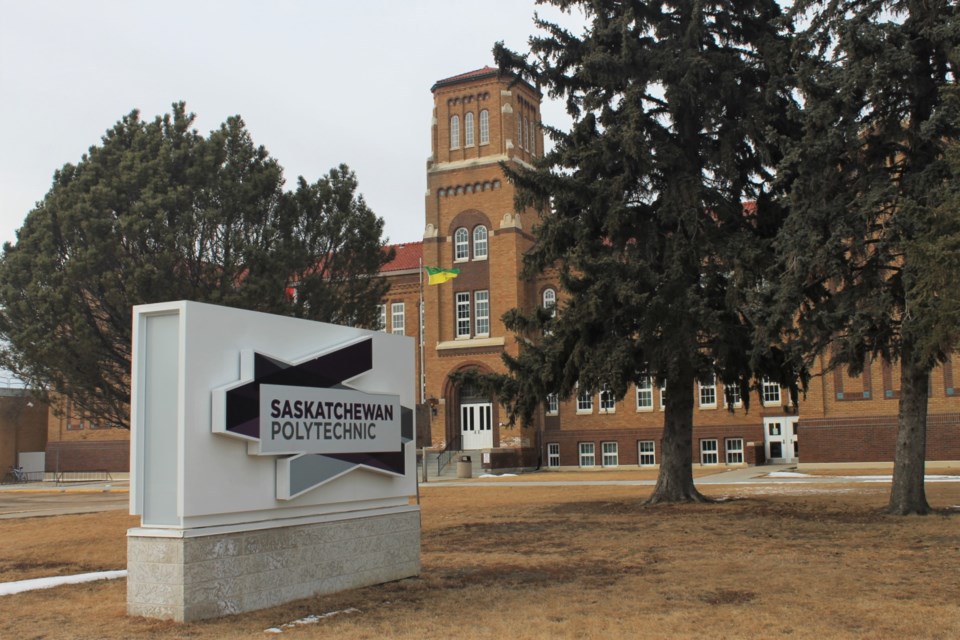A professor from Saskatchewan Polytechnic’s Moose Jaw campus has received a provincial award for his sustainability research work that adds recycled plastic waste to concrete for commercial applications.
Ramon Ricafort and colleagues David Halstead and Leila Benmerrouche accepted two awards for Education for Sustainable Development on May 4 at an annual awards banquet hosted by The Saskatchewan Regional Centre for Expertise (RCE).
Ricafort’s research has potential benefits for not only the construction and engineering industries but also the educational potential for the end consumer of plastic products that wind up in recycling centres or landfills, Saskatchewan Polytechnic said.
Ricafort — an engineering design and drafting technology program instructor — won an RCE award in 2020.
“Receiving another award for his research from RCE Saskatchewan is further acknowledgment that his work, and the larger project of making sustainability applied research and education a focus at Sask. Polytech, will have a positive impact on the environment for years to come,” said Dr. Robin Smith, academic chair with the Sustainability-led Centres for Excellence (SLICE).
Halstead and Benmerrouche work at Sask. Polytech’s School of Natural Resources and Built Environment in Prince Albert. Their research on biochar has similar potential for long-reaching benefits to more than just the industry partners who initially engaged them.
By pairing research with unique student opportunities and industry knowledge sharing, all participants in their research are now better positioned to develop new approaches and technologies for incorporating biochar into a variety of other sustainability initiatives, whether with industry applications or in ongoing research.
Saskatchewan is home to one of only six RCEs in Canada. As a main partner, Sask. Polytech is also a member of the Global RCE Network.
RCEs bring together groups that facilitate learning towards sustainable development in local and regional communities. To qualify as an RCE, applicants to the Global Network must have four core elements: governance, collaboration, research and development, and transformative education.
RCEs are composed of more than just the higher education institutions that often form their core. They play a crucial role in implementing action towards education for sustainable development using their local knowledge and global network.
By definition, RCEs link formal education — research centres, higher education institutions, high schools, and primary schools — with non-formal and informal education — museums, parks, local government, community, media, business and industry, and non-governmental organizations — through a series of horizontal, vertical and lateral connections.
“Recognition by RCE Saskatchewan tells us that our sustainability-focused research is making a difference at the local level,” said Dr. Susan Blum, associate vice-president of Applied Research and Innovation. “Congratulations to Ramon, David and Leila for this well-deserved recognition and thank you to all of the researchers for the difference they are making in Sask. Polytech’s sustainability efforts.”




